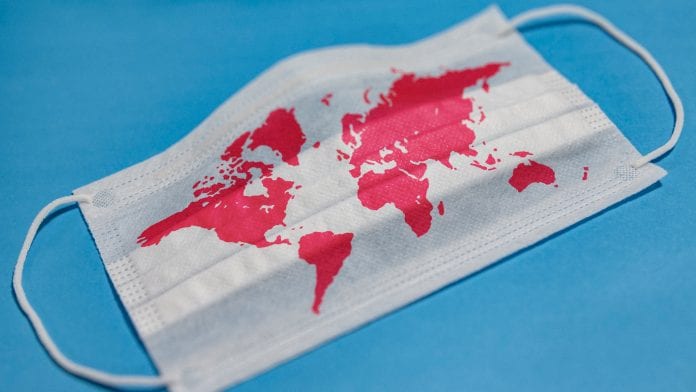
As more countries across the globe begin rolling out their mass COVID-19 vaccination programmes, the World Health Organization (WHO) has now listed the Pfizer/BioNTech COVID-19 mRNA vaccine for emergency use, emphasising the need for equitable global access to the vaccines.
The listing makes the vaccine the first to receive emergency validation from the organisation, opening the door for countries to expedite their own regulatory approval processes to import and administer the vaccine. The Emergency Use Listing will now also enable UNICEF and the Pan-American Health Organization to procure the vaccine for distribution to countries in need.
Equitable access for all
The WHO has highlighted that there needs to be a global effort to procure vaccine supplies that meet priority populations to help put an end to the pandemic.
Dr Mariângela Simão, WHO Assistant-Director General for Access to Medicines and Health Products, said: “This is a very positive step towards ensuring global access to COVID-19 vaccines. But I want to emphasise the need for an even greater global effort to achieve enough vaccine supply to meet the needs of priority populations everywhere.
“WHO and our partners are working night and day to evaluate other vaccines that have reached safety and efficacy standards. We encourage even more developers to come forward for review and assessment. It’s vitally important that we secure the critical supply needed to serve all countries around the world and stem the pandemic.”
The vaccine requires storage using an ultra-cold chain at -60°C to -90°C degrees, making the vaccine more challenging to deploy in settings where this equipment may not be available. Due to this, the WHO is working to support countries in assessing their delivery plans and preparing for use where possible.
As part of the Emergency Use Licensing process, the company producing the vaccine must commit to continuing to generate data to enable full licensure and WHO prequalification of the vaccine. The WHO prequalification process will assess additional clinical data generated from vaccine trials and, deployment on a rolling basis to ensure the vaccine meets the necessary standards of quality, safety and efficacy for broader availability.








